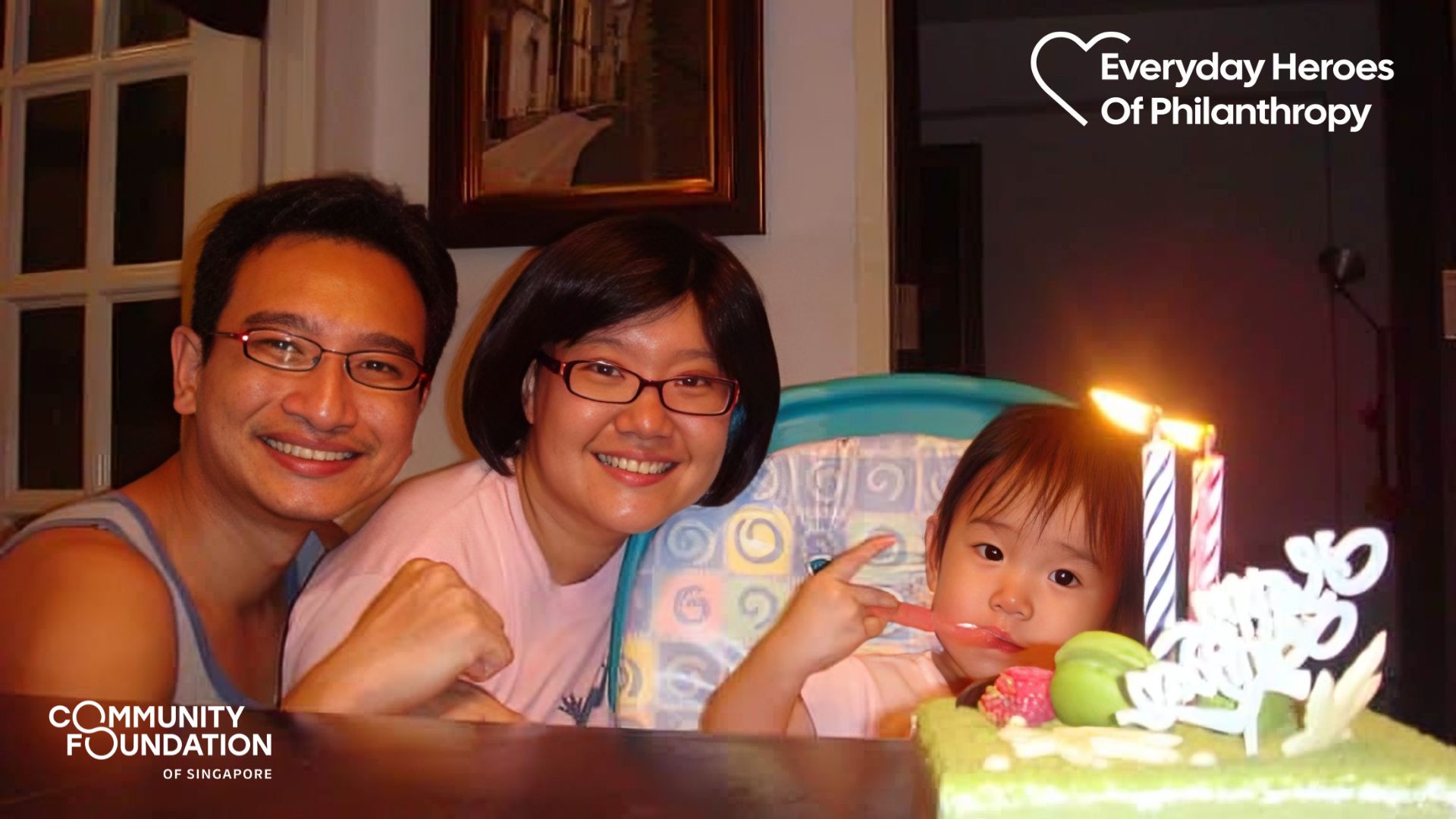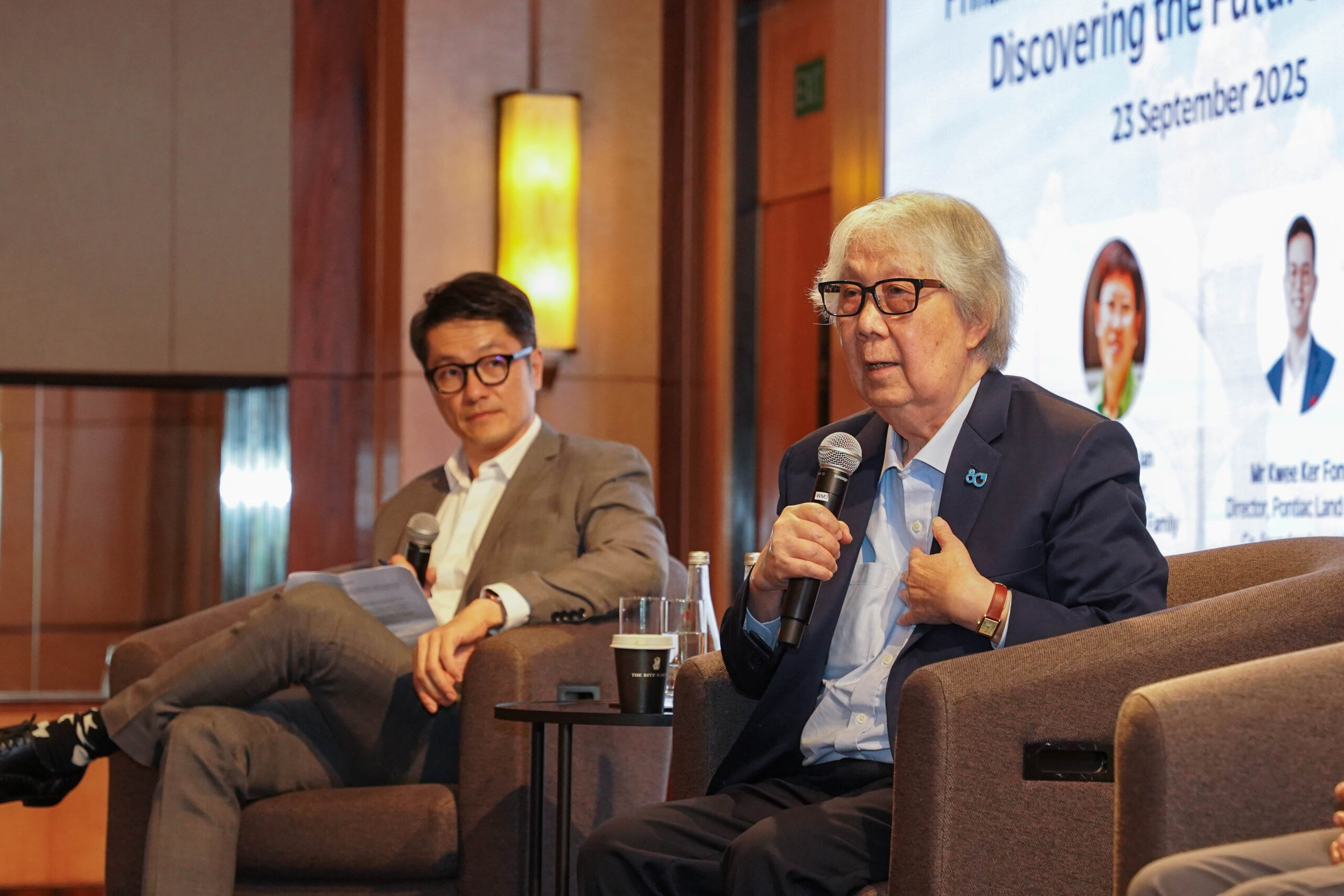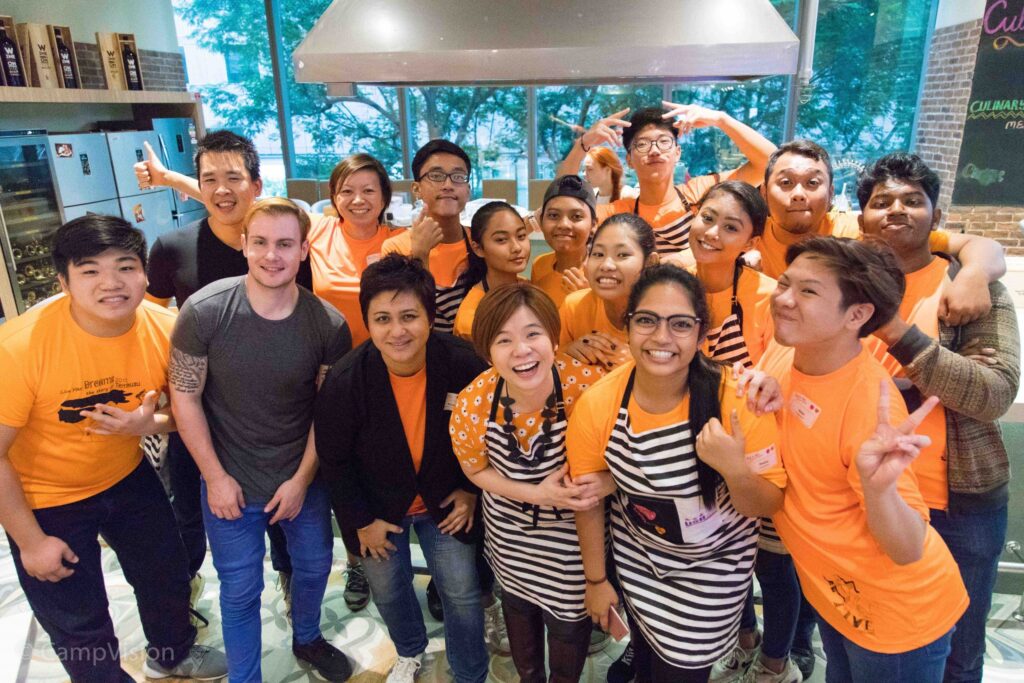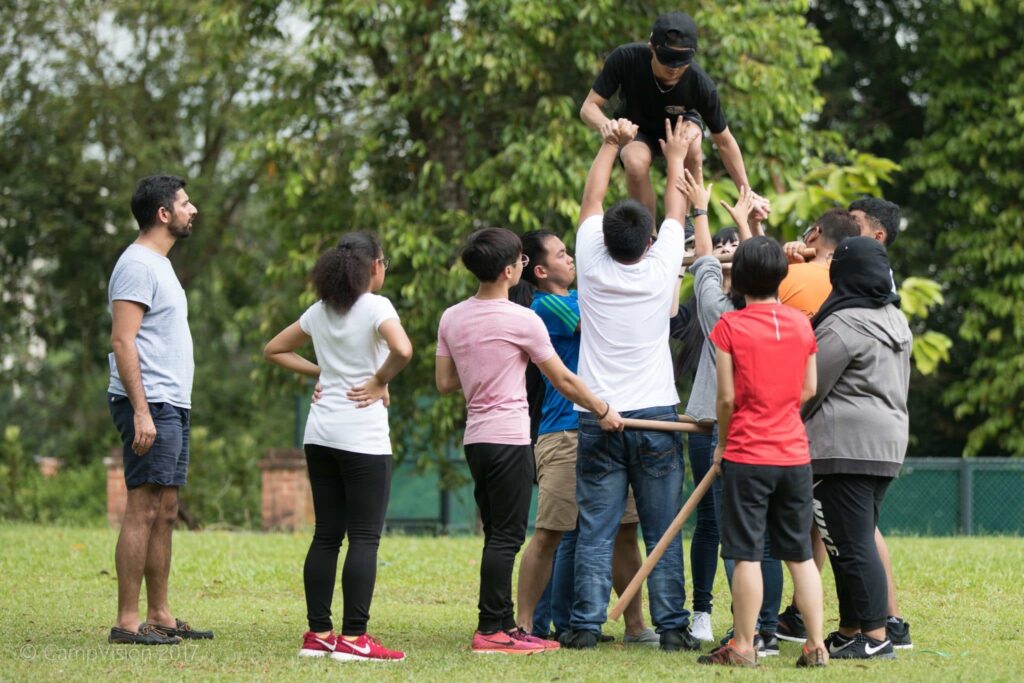LEAD Academy – Empowering youths to lead and influence

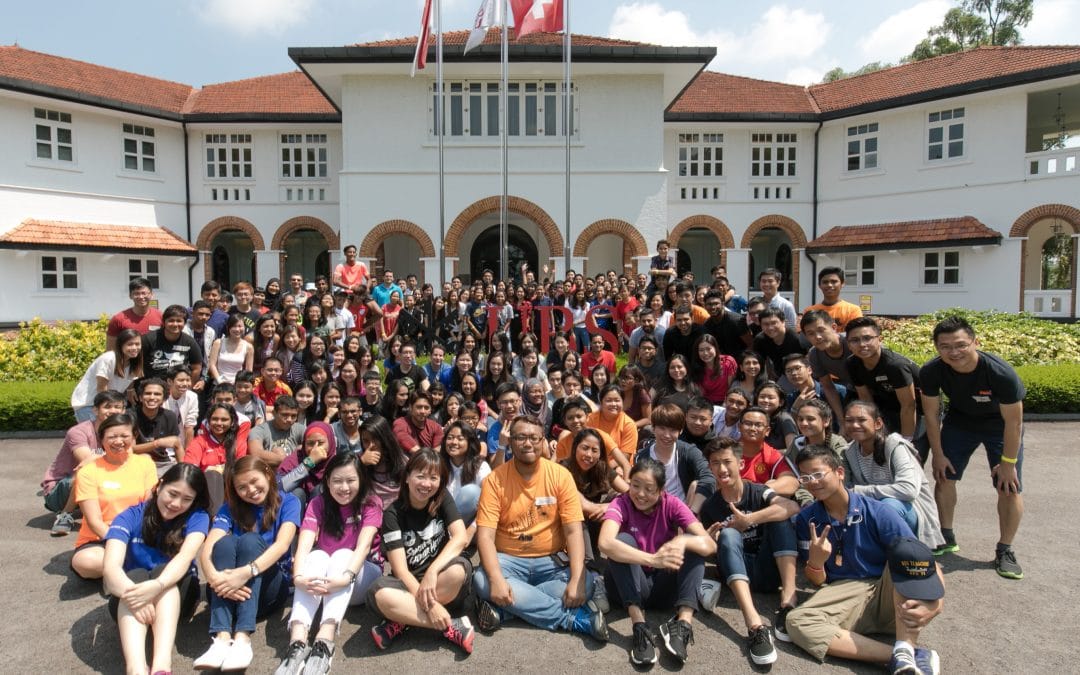
The LEAD Academy was set up in 2014 as a collaboration between CampVision, UBS Singapore and the Community Foundation of Singapore (CFS) to impact marginalised youths in neighbourhood schools.
LEAD provides a platform that partners youths with professional volunteers to develop self-leadership abilities and cultivate effective communication skills. The aim is to empower youths to be an effective leader of their peers and a positive influence on others. This unique programme puts youths on a shared journey of equals guided by executive leadership coaches who create an engaging and transformational learning experience for them and their mentors.
Through a series of structured facilitated sessions by the coaches, youths and volunteers learn to own their personal feelings and manage their individual confidence physiology. They also learn verbal and non-verbal communication skills and how to engage with other adult volunteers. Both youths and volunteers set personal goals – relating to leadership and communication – that need to be achieved when they graduate in six months’ time. At every session, they meet in small groups to hold one another accountable for their actions.
During the journey, youths have been observed to increasingly gain confidence in themselves. They take on opportunities to lead games, speak in front of their peers and practise small talk with adult strangers. The youths also interact and engage with different working professional volunteers who represent a broad range of professions including banking, sales, legal, marketing, technology, HR and the military.
“CFS has been instrumental in facilitating the partnership between CampVision and UBS. We would not have been able to achieve the impact with LEAD without the support of CFS. They have also been helpful in helping us to better understand the youth landscape so we can focus our efforts on the relevant youth population,” said Yeo Suan Wei, Co-founder of CampVision.
LEAD is an affirming, safe and empowering community of youths and professionals who find the courage to be vulnerable in their efforts to be better individuals. The connections that are built through the LEAD journey broaden the youths’ exposure and their world view. These connections also contribute towards the building of social capital between two groups of people who may otherwise not cross paths and be personally impacted by each other. LEAD aims to continue its impactful run by engaging and empowering 70 youths and 70 volunteers each year.
Photos: CampVision
The LEAD Academy was set up in 2014 as a collaboration between CampVision, UBS Singapore and the Community Foundation of Singapore (CFS) to impact marginalised youths in neighbourhood schools.
LEAD provides a platform that partners youths with professional volunteers to develop self-leadership abilities and cultivate effective communication skills. The aim is to empower youths to be an effective leader of their peers and a positive influence on others. This unique programme puts youths on a shared journey of equals guided by executive leadership coaches who create an engaging and transformational learning experience for them and their mentors.
Through a series of structured facilitated sessions by the coaches, youths and volunteers learn to own their personal feelings and manage their individual confidence physiology. They also learn verbal and non-verbal communication skills and how to engage with other adult volunteers. Both youths and volunteers set personal goals – relating to leadership and communication – that need to be achieved when they graduate in six months’ time. At every session, they meet in small groups to hold one another accountable for their actions.
During the journey, youths have been observed to increasingly gain confidence in themselves. They take on opportunities to lead games, speak in front of their peers and practise small talk with adult strangers. The youths also interact and engage with different working professional volunteers who represent a broad range of professions including banking, sales, legal, marketing, technology, HR and the military.
“CFS has been instrumental in facilitating the partnership between CampVision and UBS. We would not have been able to achieve the impact with LEAD without the support of CFS. They have also been helpful in helping us to better understand the youth landscape so we can focus our efforts on the relevant youth population,” said Yeo Suan Wei, Co-founder of CampVision.
LEAD is an affirming, safe and empowering community of youths and professionals who find the courage to be vulnerable in their efforts to be better individuals. The connections that are built through the LEAD journey broaden the youths’ exposure and their world view. These connections also contribute towards the building of social capital between two groups of people who may otherwise not cross paths and be personally impacted by each other. LEAD aims to continue its impactful run by engaging and empowering 70 youths and 70 volunteers each year.
Photos: CampVision
- Related Topics For You: INCLUSIVITY & INTEGRATION, MENTAL WELLBEING, STORIES OF IMPACT, VIDEO

